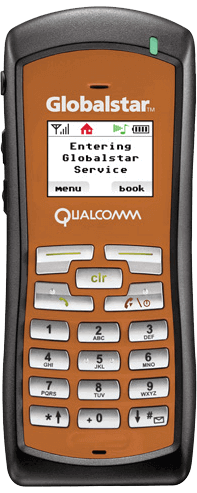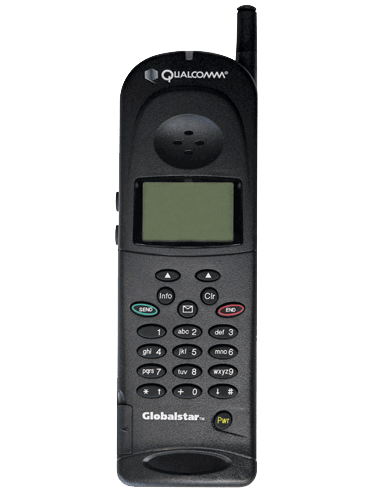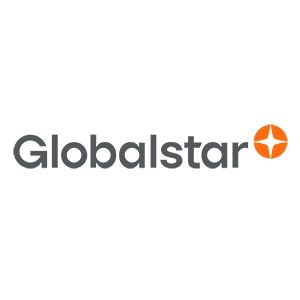How to Keep Beef Producers on the Right Side of Regulations
Imagine a herd of 78 million cattle. That’s how many are grazing on grasslands across the countries of the European Union, with a total market value of more than €169 billion. In 2025, however, that value faces new regulatory hurdles. A European Union Deforestation Regulation (EUDR) seeks to guarantee that products consumed by EU citizens do not contribute to the deforestation or forest degradation that accelerate climate change.
For farmers, EUDR means a ban on converting forests to grassland for their cattle or even allowing cattle to graze on lands that are protected by deforestation regulations. In practice, avoiding a fine means being able to prove where their cattle are throughout their days on the range.
It sounds like an impossible requirement, doesn’t it? But it’s already achievable, thanks to an Australian company called CERES TAG with their technology and connectivity from Globalstar.
Knowing Your Cows
CERES TAG makes the world’s first intelligent IoT device small enough to serve as an ear tag on cattle. It tracks the GPS location of the tag and motion reported by an onboard accelerometer. The tag contains Globalstar’s ST150M, which transmits the data through Globalstar’s satellite and ground network to CERES TAG’s IoT platform. Within three years of the product’s introduction, it was adorning the ears of cattle in 36 countries.
Why has the product been such a hit? Because of all the useful information the company squeezes out of that location and motion data. From those numbers, the IoT software can report in detail on each animal’s behavior, from feeding to running to resting, second by second. Data analytics turns the behavioral data into estimates of feeding efficiency (a key measure for farmers), weight gain, milk production and health and even how much methane its digestion produces. This valuable data – something regulations may also require –can trigger alerts indicating unusual activity, from lack of motion to too much of it, signaling possible injury or theft. By identifying cattle that are most efficient at feeding themselves and bulking up, farmers can also select them for breeding high-performing calves. All in all, they learn more about their cattle than if the animals were in the barn.
While EUDR places new burdens on beef producers, it promises major growth for CERES TAG. European farmers will be looking an affordable, easy-to-use solutions – but so will ranchers around the world who supply the 350,000 tonnes of beef that the EU imports each year. With its ST150M and a satellite network covering more than 120 countries, Globalstar will do its part to turn that promise into reality.
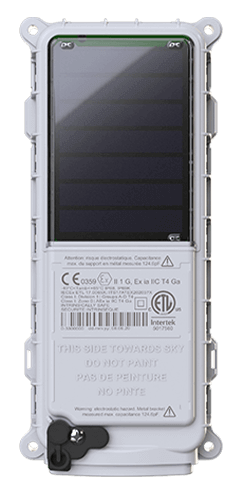 SmartOne Solar
SmartOne Solar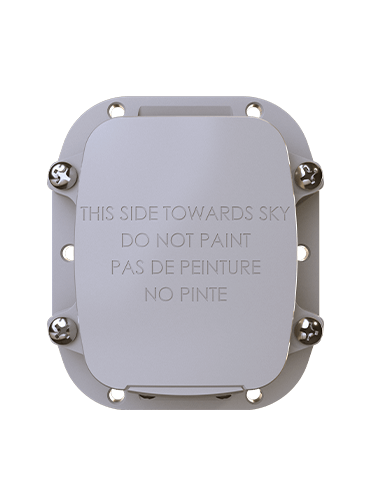 SmartOne C
SmartOne C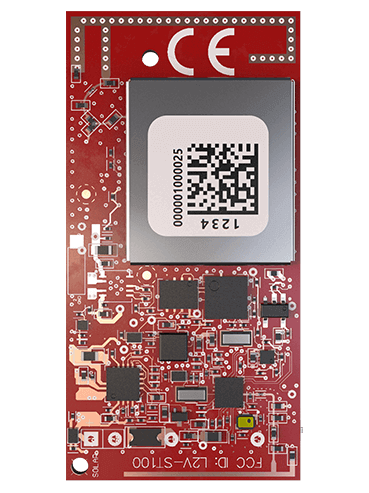 ST100
ST100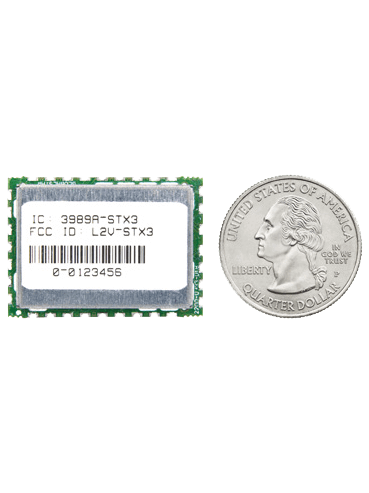 STX3
STX3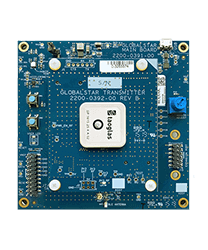 STX3 Dev Kit
STX3 Dev Kit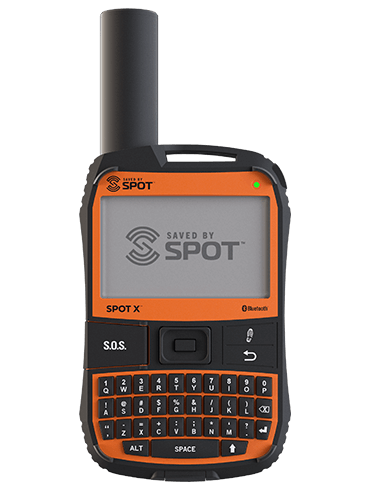 SPOT X
SPOT X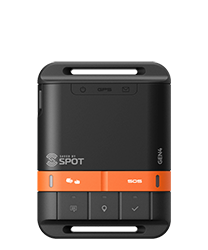 SPOT Gen4
SPOT Gen4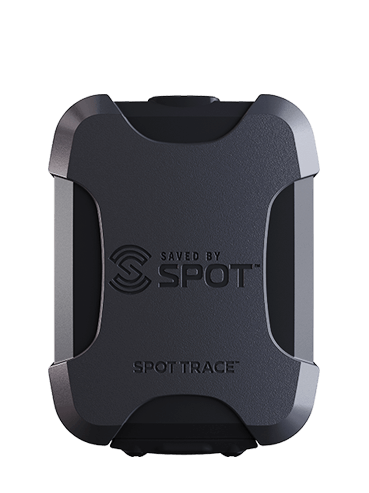 SPOT Trace
SPOT Trace